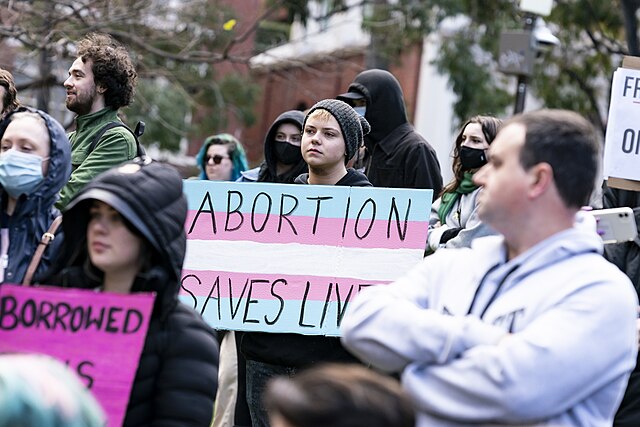The Student Fee Advisory Committee held an annual Student Fee Forum in the lecture hall of the Meyerhoff Chemistry building on Wednesday during free hour to engage students in a review of the mandatory fees that every student has to pay in addition to tuition.
These fees are broken into seven categories: athletics, technology, university commons, transportation, auxiliary facilities, student activities (for undergraduate students) and graduate programs (for graduate students). Each fee category is represented by a fee steward.
According to Charlene Uhl, Director of Budget and Resource Analysis, the fee stewards, “represent the different parts of the campus that rely on fee income to support their operations.”
So what is the Student Fee Advisory Committee? It is a small committee made up of eight current students.
Each student represents different areas of the campus: Graduate Association, transfer students, residential students, out-of-state students, commuters/transfer students, student-athletes and Student Government Association.
Student Affairs identifies different students to represent most of these areas annually. The Student Government Association nominates the Student Government Association representative and the Graduate Association does the same for the Graduate Association representative.
When asked about the Committee’s function, Uhl replied, “The committee is responsible for getting an understanding of any proposed fee increases to what are called ‘mandatory’ fees, i.e., all enrolled students pay these fees.”
“The committee presents its recommendations to Lynne Schaefer, President for Administration and Finance. These recommendations are seriously considered by the university administration each year. Over the years that this process has been in place, several proposals have been revised in response to student recommendations before the final proposed fee schedule was submitted to the USM Board of Regents,” she said.


